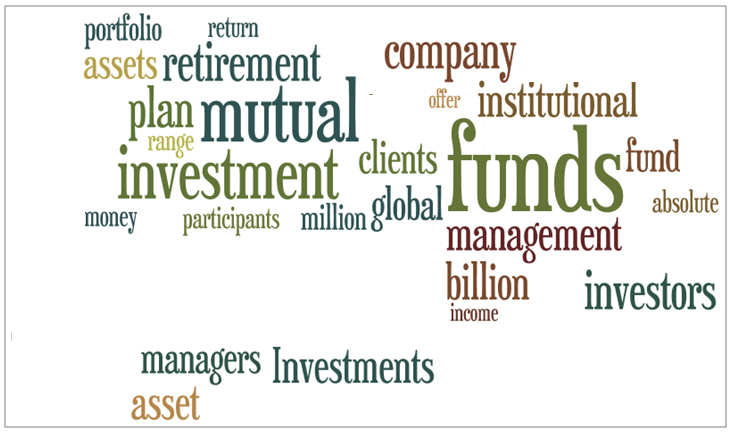Quick Thought: International Brands in the US
Ignites ran an article last week (subscription required) about the emerging efforts of foreign banks – specifically BMO, HSBC, and RBC – to grow their asset management presences in the United States.
I have no doubt these firms can build successful, profitable US businesses. But I do ultimately question the overall brand strategy.
Time and time again, large overseas firms attempt to lever their global brands within the US. I think this is a problematic approach, in part because “large global brand” is mismatched with the typical business strategy. As Damion Hendrickson, senior VP of intermediary sales for HSBC, put it in the article:
In order to be successful, you really have to specialize in something when you’re starting out. You have to have some sort of niche to your brand.
If this is the aim, firms like HSBC face two significant challenges:
- Meshing Global with Niche: reconciling an image as a global financial power with a nimble specialty asset manager is an oil-and-water strategy.
- Provincialism: at the risk of oversimplifying, US financial advisors are more provincial than most think. “Global” certainly matters in terms of the strategies and investment expertise a firm offers, but being an international financial powerhouse (e.g., bank) is overrated by firms in terms of how much advisors really care.
Neither challenge is of course insurmountable. But as these and future overseas firms try to gain traction in the US market, I think that seriously reconsidering the standard “let’s leverage our global brand” approach is something very much worth doing.






